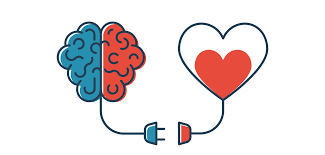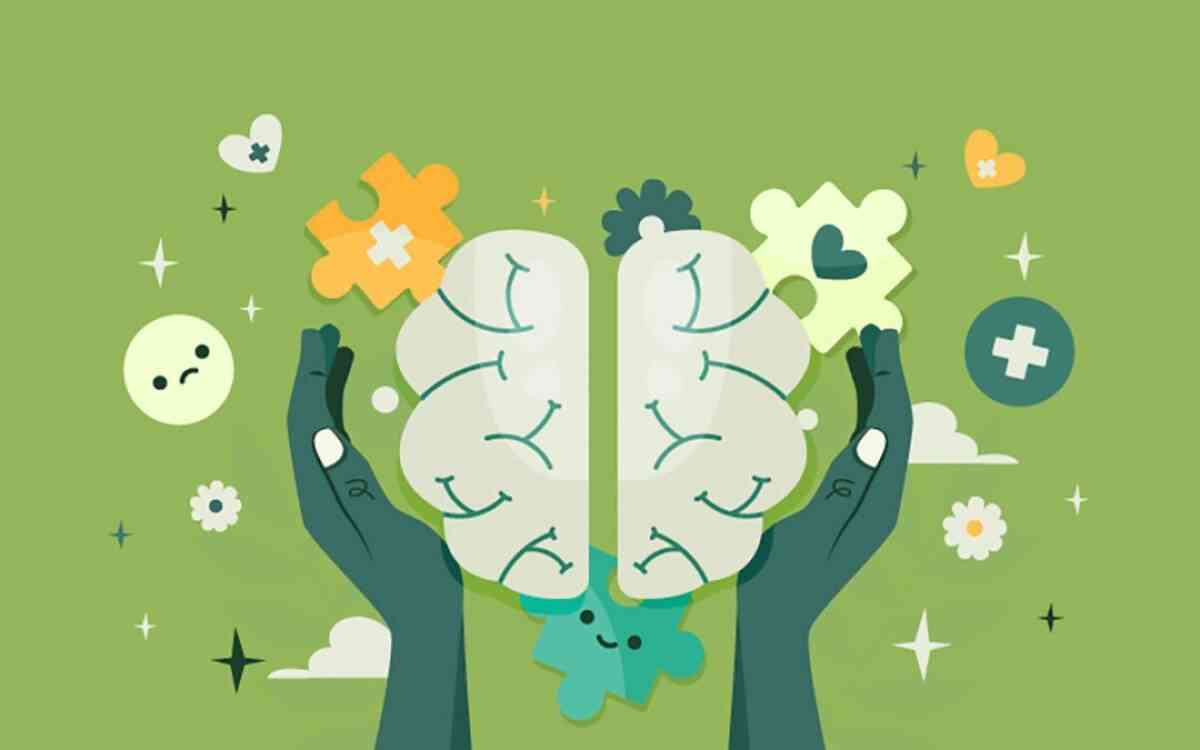Essential Guide to Engineering and Technology
A comprehensive overview of principles, practices, and emerging trends for professionals and students
The Foundation of Modern Engineering
Engineering and technology form the backbone of modern society, driving innovation across industries from construction and manufacturing to healthcare and digital services. This guide explores the fundamental principles that every engineering professional should master, alongside emerging technologies reshaping the field.
At Al Mithaq Institute in Dubai, our engineering and technology programs provide comprehensive education in both theoretical foundations and practical applications. Whether you're a seasoned professional or just starting your career, understanding these essential concepts is crucial for success in the rapidly evolving technical landscape.
Core Engineering Disciplines
- Civil Engineering
- Mechanical Engineering
- Electrical Engineering
- Chemical Engineering
- Software Engineering
Emerging Technology Areas
- Artificial Intelligence
- Renewable Energy Systems
- Nanotechnology
- Biotechnology
- Quantum Computing
Engineering Principles and Best Practices
Successful engineering projects rely on a solid understanding of fundamental principles and methodologies. These include:
- Systems Thinking - Understanding how components interact within larger systems and managing complexity
- Design Methodology - Approaches to problem-solving including design thinking and iterative development
- Technical Analysis - Mathematical modeling, simulation, and analytical methods
- Project Management - Planning, scheduling, resource allocation, and risk assessment
- Quality Assurance - Testing, validation, and verification methods
Key Skills for Modern Engineers
Today's engineering professionals need a diverse skill set that extends beyond technical expertise:
Technical Skills
- Programming and software tools
- Data analysis and modeling
- CAD/CAM systems
- Industry-specific technologies
Soft Skills
- Communication and presentation
- Teamwork and collaboration
- Problem-solving and critical thinking
- Project management
The Technology Landscape
Engineering is increasingly intertwined with advanced technology. Understanding these technological developments is essential for staying competitive in the field:
Transformative Technologies
-
AI
Artificial Intelligence & Machine Learning
Revolutionizing design processes, predictive maintenance, and autonomous systems
-
IoT
Internet of Things
Connecting devices and systems for enhanced monitoring, control, and data collection
-
AR
Augmented & Virtual Reality
Enhancing design visualization, training, and maintenance procedures
-
AM
Additive Manufacturing
Transforming production through 3D printing and advanced materials
Professional Development Pathways
Engineering careers offer diverse pathways for growth and specialization. At Al Mithaq Institute, we help professionals develop across multiple dimensions:
| Career Path | Key Skills | Educational Requirements |
|---|---|---|
| Technical Specialist | Deep expertise in specific domain, research skills | Advanced degree or specialized certifications |
| Project Engineer/Manager | Leadership, planning, budgeting, team management | Engineering degree with project management training |
| Engineering Consultant | Problem-solving, communication, industry knowledge | Degree with significant practical experience |
| Technical Leader/CTO | Strategic thinking, technical vision, business acumen | Advanced degree with leadership experience |
Sustainable Engineering Practices
Environmental sustainability has become a core consideration in engineering. Modern engineers must understand:
- Life cycle assessment and design for sustainability
- Energy efficiency and renewable energy integration
- Resource conservation and circular economy principles
- Environmental regulations and compliance
- Climate change adaptation and mitigation strategies
Al Mithaq's Engineering Programs
Our institute offers specialized programs in engineering and technology, including:
- Civil Engineering Skills
- Electrical Engineering Skills
- Information Systems and Technology
- Software Engineering
All programs are accredited by Dubai's Knowledge and Human Development Authority (KHDA) and taught by industry experts with extensive experience.
The Future of Engineering
As we look ahead, several trends are shaping the future of engineering and technology:
- Interdisciplinary Convergence - Boundaries between traditional engineering disciplines are blurring, with increased collaboration across fields
- Digital Transformation - Digital tools, data analytics, and automation are revolutionizing engineering processes
- Sustainability Focus - Environmental considerations are becoming central to all engineering decisions
- Human-Centered Design - Increased emphasis on user experience and social impacts of technology
- Global Collaboration - International teams and cross-cultural projects are becoming the norm
Ready to Advance Your Engineering Career?
Join Al Mithaq Institute's specialized programs to develop the skills and knowledge needed for success in today's engineering landscape.
Flexible Learning Options
Choose between online and in-person training to fit your schedule
Expert Instructors
Learn from professionals with over 10 years of industry experience
Recognized Certification
Earn credentials accredited by Dubai's KHDA
Frequently Asked Questions
What fundamental skills should every engineer develop?
Every engineer should develop strong analytical thinking, problem-solving abilities, technical communication skills, and proficiency with relevant software tools. Additionally, project management knowledge and understanding of sustainability principles are increasingly important.
How is technology changing traditional engineering roles?
Technology is automating routine tasks, allowing engineers to focus on more creative and complex problem-solving. It's also creating new specializations at the intersection of disciplines, such as mechatronics, bioinformatics, and environmental engineering.
What educational paths are available for engineering professionals?
Engineering professionals can pursue traditional degrees (bachelor's, master's, PhD), specialized certifications, professional development courses, or targeted diplomas like those offered at Al Mithaq Institute. The best path depends on career goals and current experience level.
How can engineers stay current with rapidly evolving technology?
Continuous learning is essential. This includes following industry publications, participating in professional associations, attending conferences, taking targeted courses, and engaging in practical projects that apply new technologies.
Conclusion
Engineering and technology continue to evolve at a rapid pace, creating both challenges and opportunities for professionals in the field. By mastering fundamental principles while staying current with emerging technologies, engineers can drive innovation and solve complex problems across industries.
At Al Mithaq Institute, we are committed to providing the education and training needed to excel in this dynamic field. Our programs combine theoretical knowledge with practical applications, preparing professionals for the engineering challenges of today and tomorrow.







